From countless emails to interviews to op-eds, Chancellor Daniel Diermeier has claimed to adhere the university to a policy of “principled neutrality.” This policy essentially states that a university should not take stances on any “political” issues unless the issue is “materially related” to the core mission and functioning of the university. From gun violence to international conflicts, several issues upon which Vanderbilt has declined to take a stance all materially affect the functioning of the university. Denying the university’s material ties to these issues allows Vanderbilt to feign neutrality while harming student wellbeing.
Diermeier’s so-called neutral posturing is apparent in his Jan. 8 email to the Vanderbilt community, which asserted that the university will not join the Boycott, Divestments and Sanctions (BDS) movement against Israeli investments unless required by law. This position presumably includes maintaining Vanderbilt’s multiple study abroad opportunities at Israeli universities, which are deeply complicit in maintaining Israeli apartheid through avenues such as weapons development. Such partnerships showcase that Vanderbilt is not neutral.
I didn’t always understand or support the boycott of Israeli academia, but that fact changed when I attended an Israeli university. Between graduating from high school and entering Vanderbilt, I lived in Israel and studied at Hebrew University’s Rothberg International School — the same institution that Vanderbilt collaborates with for its study abroad programs in Israel. One of my professors was General Matan Vilnai (Ret.) who had previously called for a “shoah” of Palestinians, referencing the Hebrew word for the Nazi Holocaust. No university should house such figures, and his employment shows an acceptance of such harmful rhetoric. While studying at Hebrew University’s Mount Scopus campus, I learned about its location on stolen Palestinian land and the university’s direct cooperation with the Israel Defense Forces.
My experience at the university made me a vocal supporter of boycotting Israeli academia. In addition to material support for Israeli military efforts, Vanderbilt’s academic partner in Israel has referred to the International Court of Justice’s charge against Israel as “a baseless complaint.” Maintaining programmatic offers with such institutional partners is far from neutral.
At the very least, Vanderbilt should end its partnerships with Israeli universities, but an important act of solidarity would be to form relationships with Palestinian universities, which have managed to provide strong educations despite being subjected to Israeli apartheid. Currently, there are no Vanderbilt programs at Palestinian universities, but what if there was one? Imagine, for instance, if Vanderbilt offered a semester program in English Literature at the Islamic University in Gaza. If a student chose that program, they’d struggle to attend for multiple reasons. First, the Israeli army has leveled the university’s buildings to rubble. Second, the Israeli army has murdered the university president. Third, the Israeli army has murdered Refaat Alareer, a main English Literature lecturer at the university. A Vanderbilt study abroad program at a Palestinian university would be impossible because Palestinian universities are being destroyed so systematically that a UN official claimed that “a new international crime … the killing of learning” needs to be added. If universities were neutral actors before — which is a notion I reject — surely such an assault on academia would warrant condemnations by Chancellor Diermeier. Yet, he has uttered none.
Chancellor, what would you do if Vanderbilt’s campus was bombed to ruins? If university leaders were assassinated by an occupying army? Would you want your fellow academics to condemn this injustice? Or, even further, use their material influence to stop it? Your answers to these questions should dictate how you respond to the assault on Gaza, as these are the current conditions of Palestinian universities there. Silence is not neutral, and neither is posturing to oppose the movement to boycott Israel and its universities. These decisions are not a benevolent refusal to divest. Instead, they are a willful investment into Israeli apartheid and genocide of Palestinians. Not only are you not neutral — you are complicit. As a Chancellor of a powerful university, you have the ability to shift public discourse towards justice — to redefine the purpose of a university. Committing to boycotting Israeli companies and universities would be an act of difficult but historic leadership in American academia.
Vanderbilt recently hosted Archbishop Demond Tutu’s daughters as part of its Unity Project. Reverend Naomi Nontombi Tutu has recognized the brutality of Israel’s apartheid regime just like her father, who supported the BDS Movement, including the boycott of Israeli academia. In addition to supporting BDS, Tutu has provided insights on Chancellor Diermeier’s favored subject: neutrality. Tutu famously posited that “if you are neutral in situations of injustice, you have chosen the side of the oppressor.” Chancellor, you have chosen the side of the oppressor — you have chosen neutrality in a genocide. I implore you to heed the advice of Tutu and his daughters. I understand your hesitancy in endorsing BDS — I once shared those same reservations. But now is a time for Vanderbilt to recognize its complicity in Israel’s actions and end it.
Editor’s note: A university representative declined to comment on the university’s existing study abroad program offerings in Israel and their relation to principled neutrality.


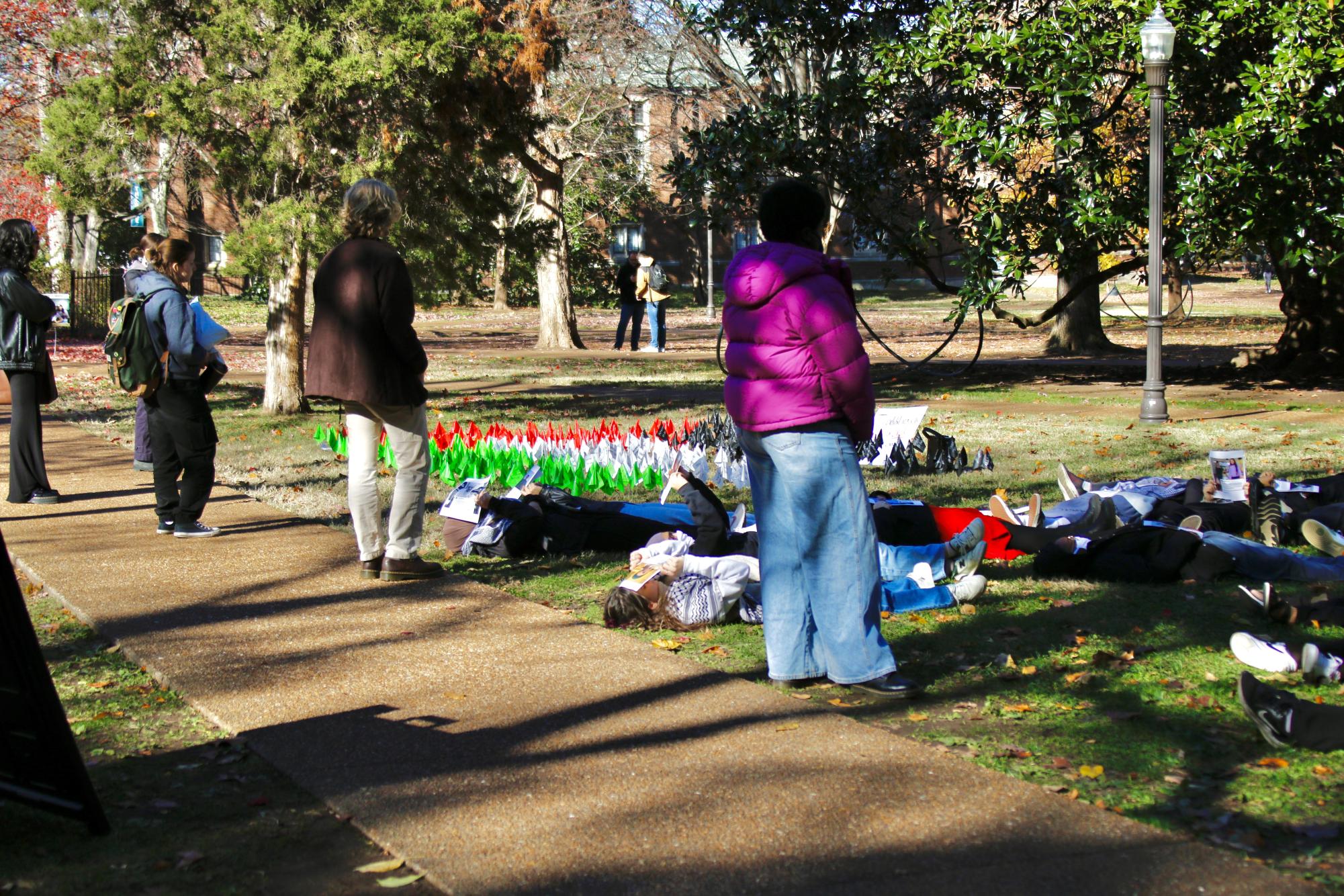
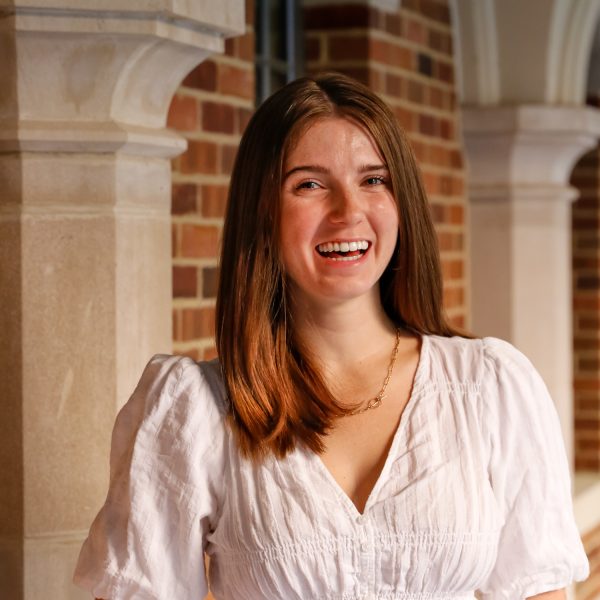
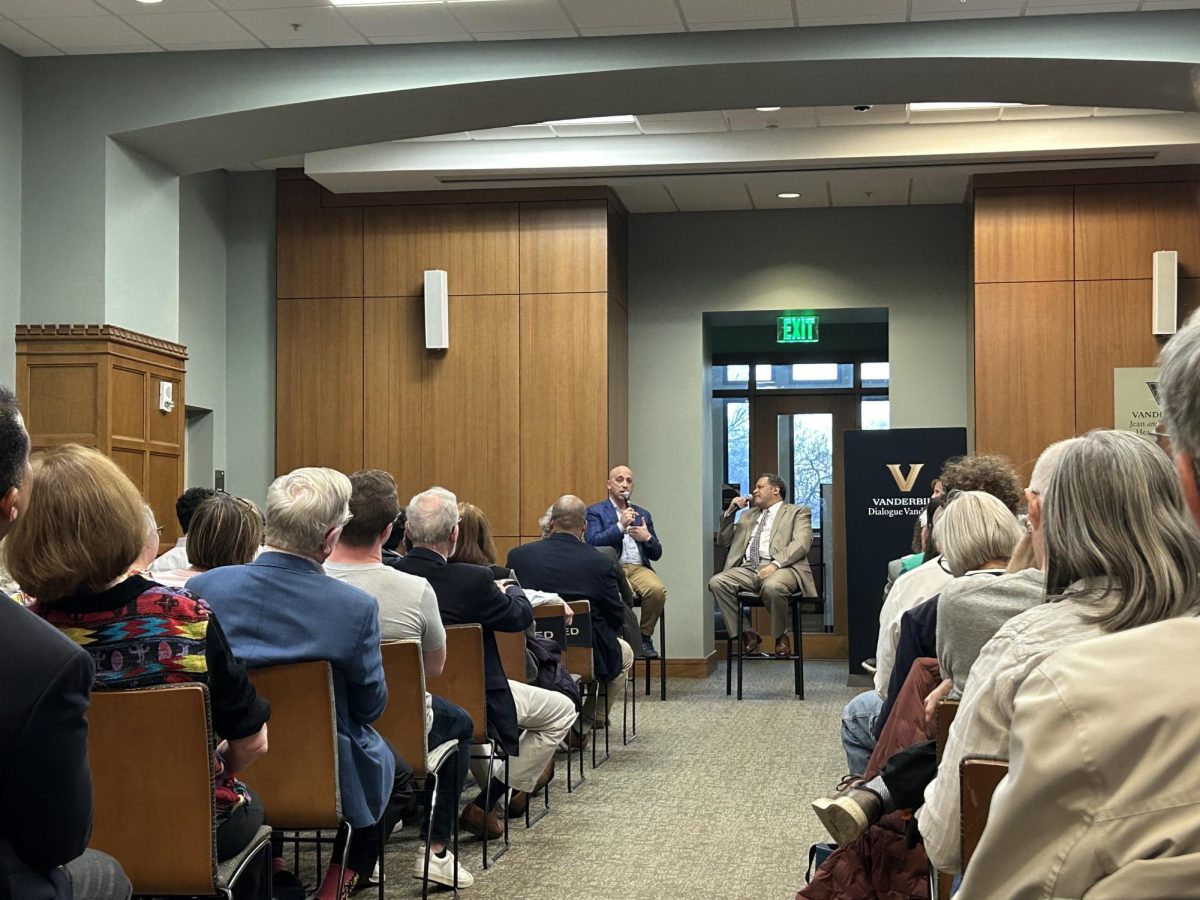
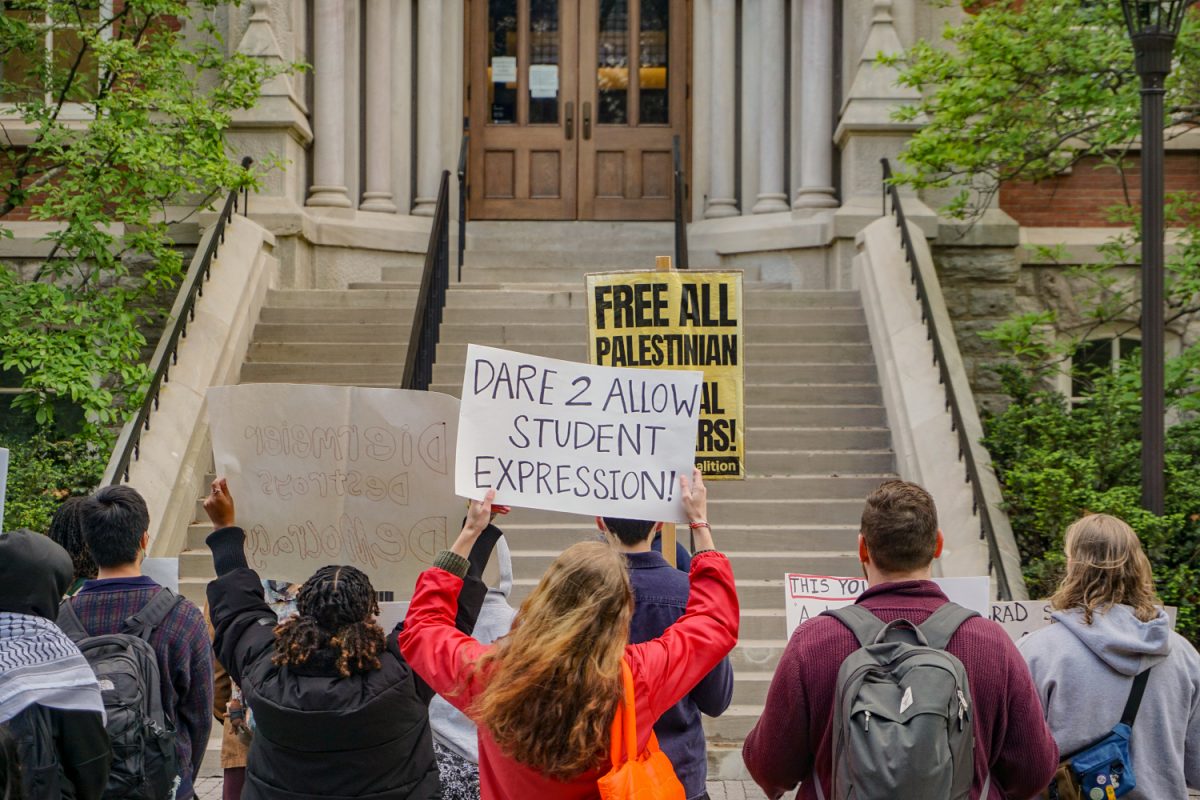
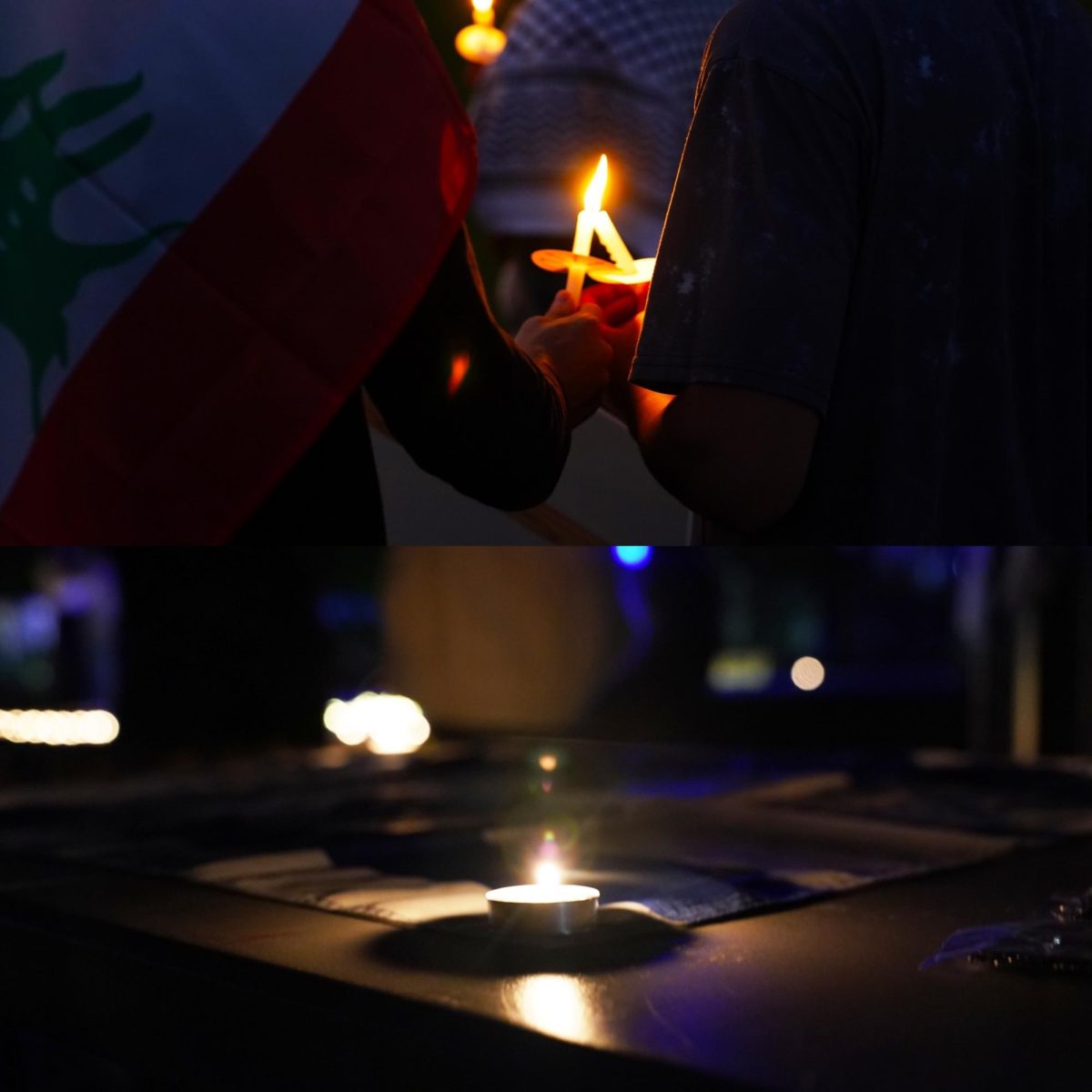
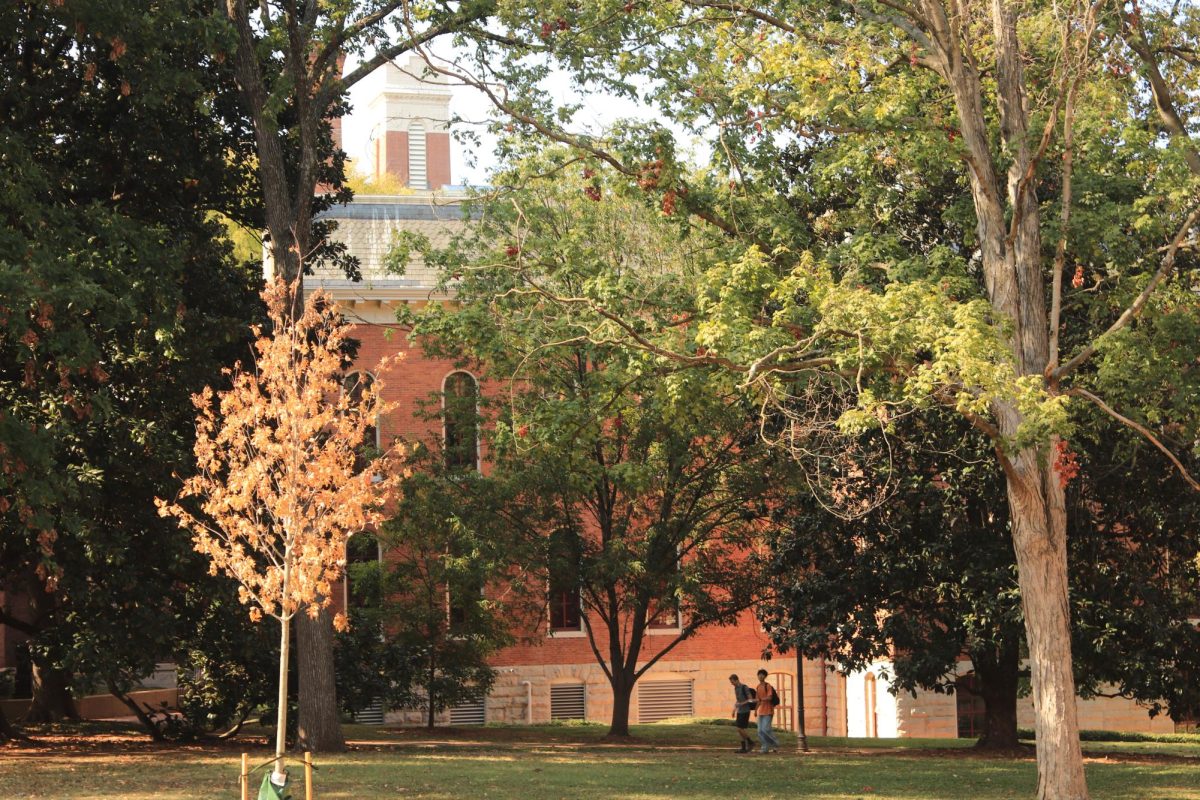
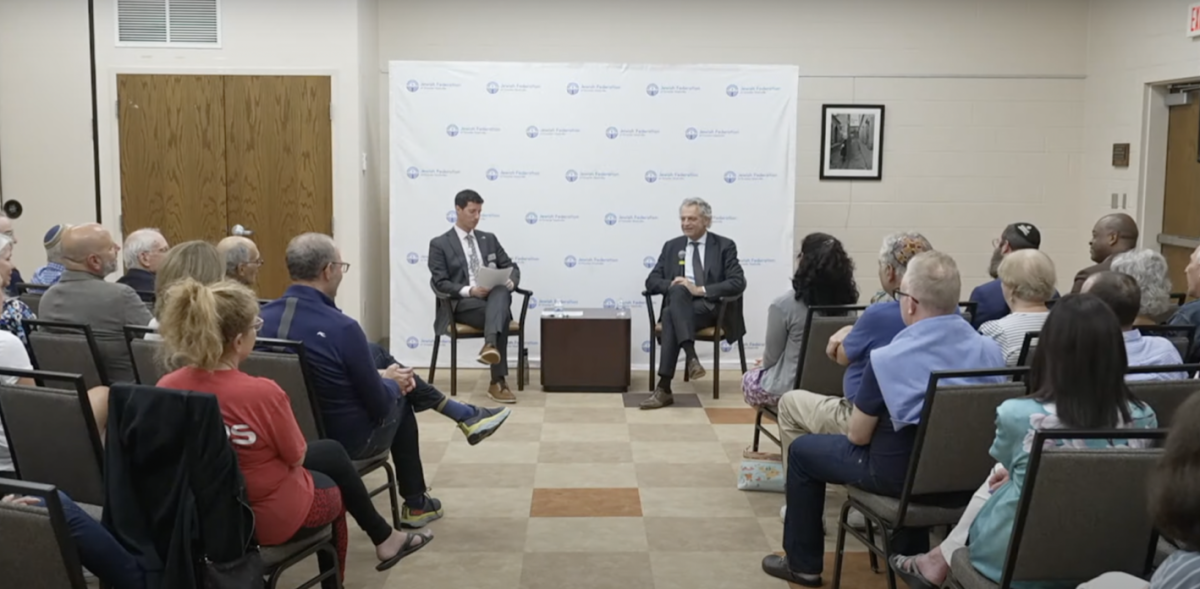
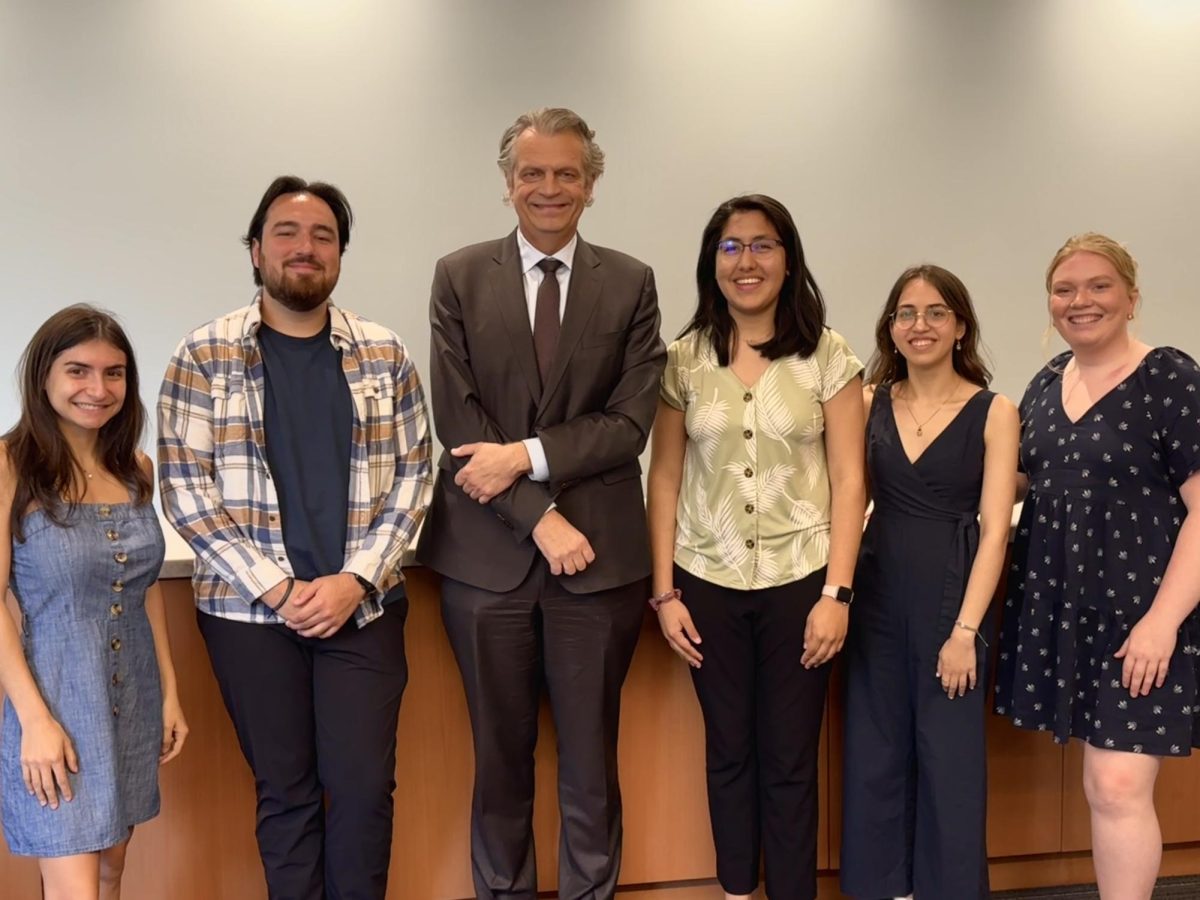
Suds • Mar 28, 2024 at 9:07 am CDT
How do you spend a year in Israel and learn nothing about the actual history of the Israel/Paleatinian Arab conflict? Such as terrorism against Jews by Palestinian Arabs, attacks on Jews by Palestinian Arabs, refusal of Palestinian Arabs to accept peace deals and offers of a state (5 times), Palestinian antisemitism. Boggles the minds. So I ds like this kid went there with an agenda because it wasn’t to learn.
Vandy Feminist • Feb 7, 2024 at 7:20 am CST
As a progressive gay feminist student, I would love to study in Palestine and immerse myself in its vibrant culture.
Jay S in Georgia • Feb 12, 2024 at 3:03 pm CST
Worthy of the Babylon Bee itself!